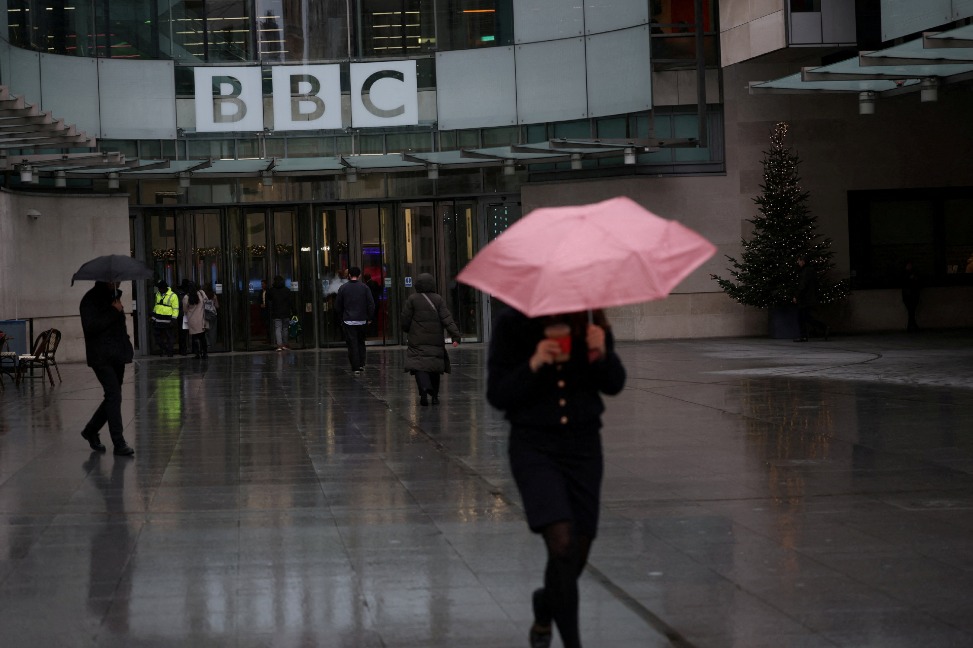International community urged to help prevent hunger crises

In June, Oxfam International, a global movement of people working to end the injustice of poverty, warned that 40 million people in southern Africa were at risk of increased hunger and poverty due to the double threat of the coronavirus and consecutive climatic shocks.
It said more than 17 million people across Malawi, Mozambique, Zimbabwe, Zambia, and South Africa are already food insecure due to last year's drought.
Additionally, about 40 percent of the region's population are already living in abject poverty, as the World Food Program warns that food prices are at a five-year high.
Meanwhile, in the past months, Action Against Hunger program and teams in over 40 countries worldwide have been actively working to contain the spread of the virus.
They have been providing direct support to affected people while continuing responses to ongoing crises. They also have been supporting people, communities and local authorities to prevent further suffering, as well as building more resilient health, food, and social protection systems.
"We must use this crisis as an opportunity to strengthen these systems, to prevent future outbreaks and hunger crises," Action Against Hunger said.
"Promoting adequate access to basic water and sanitation services, mental health and protection, building universal health coverage, (and) reaffirming our commitment to principled humanitarian actions" are among its other goals.
"This is in addition to transforming food systems and security policies to improve our resilience to ongoing and future shocks must also be prioritized," the organization added.






























